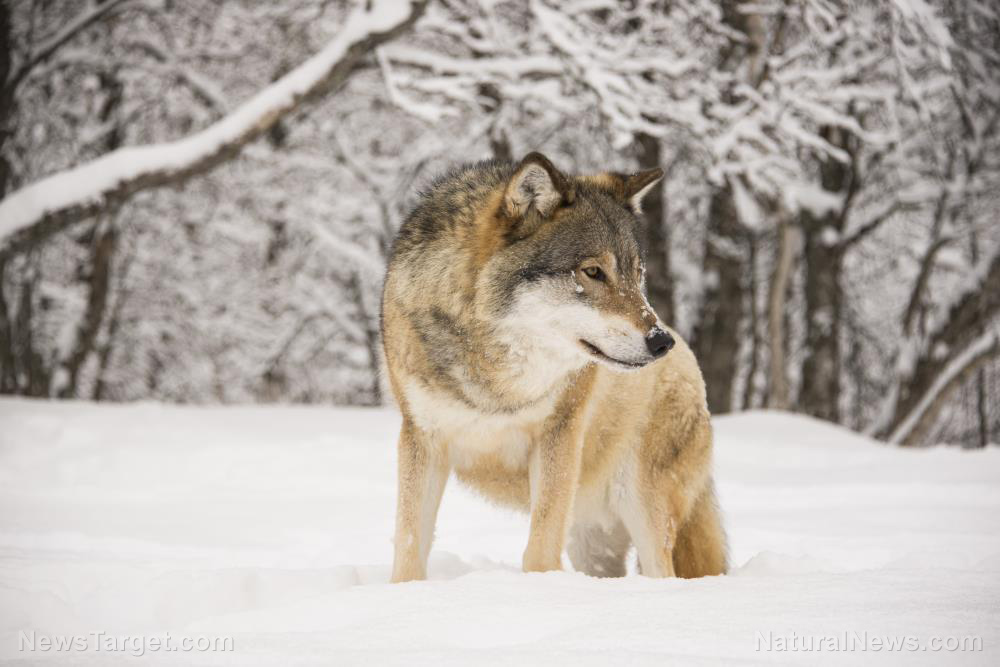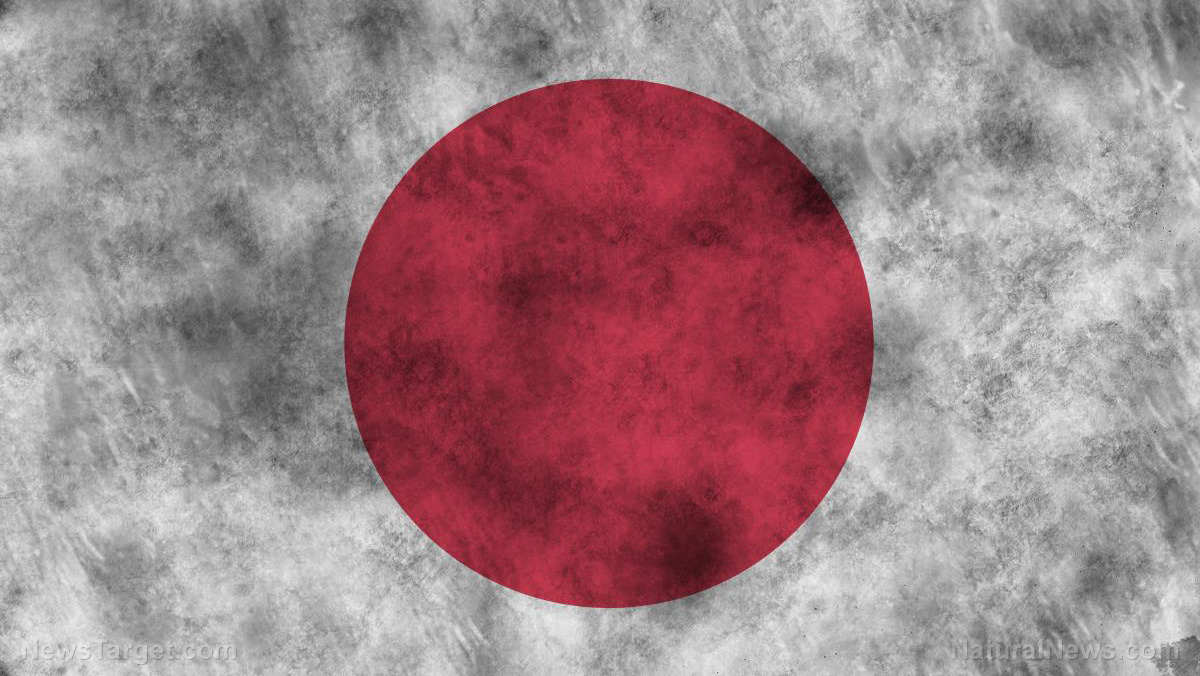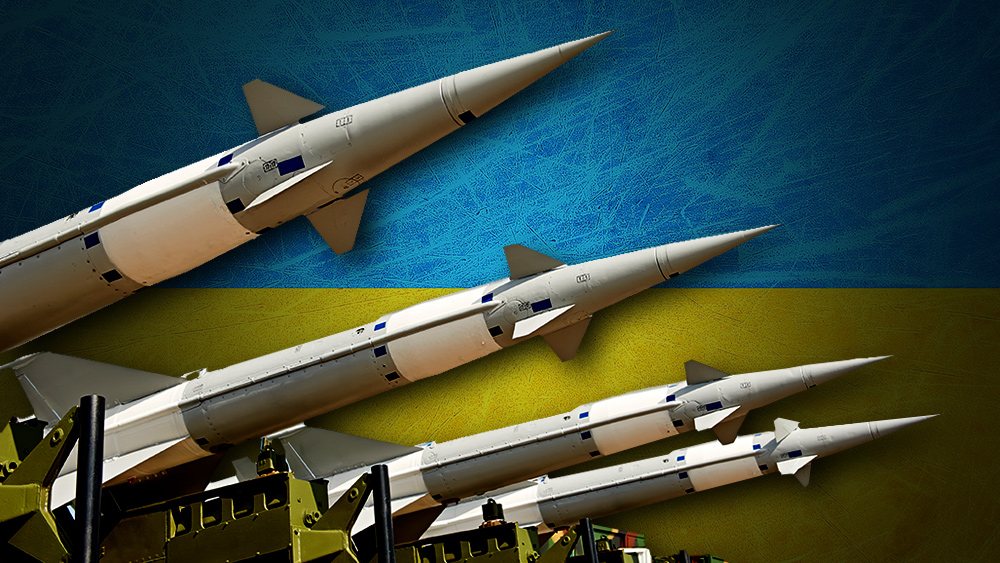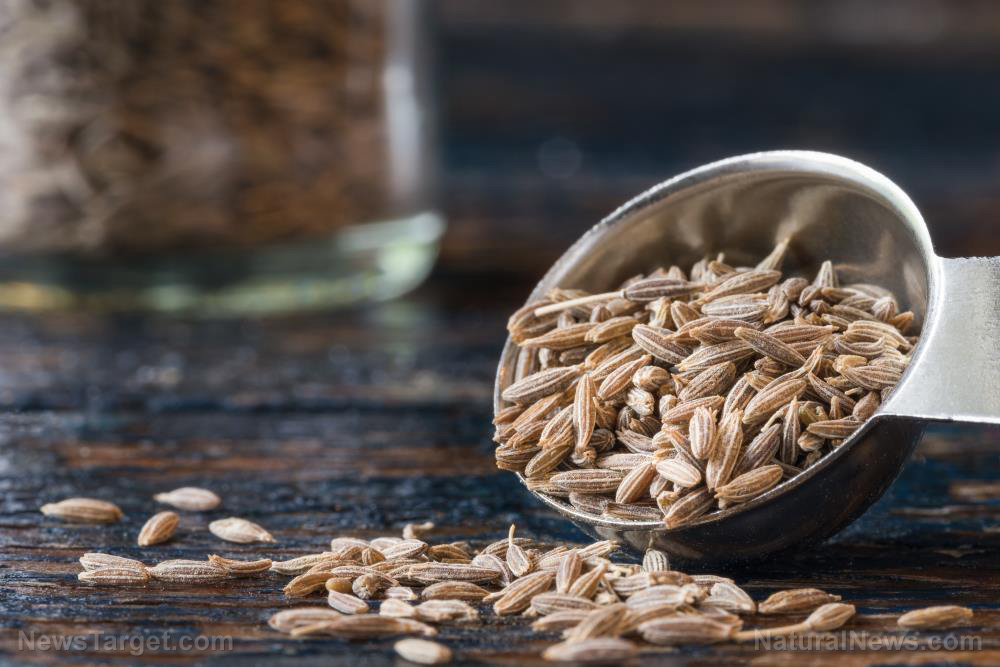 Parler
Parler Gab
Gab
Chernobyl wolves exposed to six times more radiation than humans can safely handle
The researchers found that Chernobyl wolves are exposed to more than 11.28 millirem of radiation every day, which is six times above the safe exposure limit for humans. Love discovered that the immune systems of the wolves have been modified by their constant exposure to radiation and are comparable to the immune systems of cancer patients going through radiation treatment. More importantly, she also recognized definite parts of the animals' genetic information that appear resilient to increased cancer risks. Research in humans has discovered mutations that raise cancer risk. For instance, the presence of the variant BRCA gene makes it more likely for a woman to develop breast or ovarian cancer. The findings build on a growing body of research showing how animals dynamically adapt to environmental pressures and find ways to fend off heightened cancer risks. Love's work is now focused on identifying which specific mutations have made wolves resilient to these risks. "Our priority is for people and collaborators there to be as safe as possible," said Love, who in the future hopes her research can be used to identify protective mutations that increase the odds of humans to survive cancer. Follow CancerSolutions.news for more stories about cancer research studies. Watch the video below about the "mutant" animals living and thriving in the Chernobyl Exclusion Zone. This video is from the Daily Videos channel on Brighteon.com.More related stories:
Expert: RADIOACTIVE WATER from Fukushima nuclear power plant could cause ANIMAL MUTATIONS. Scientists claim to have developed targeted chemotherapy pill that can "annihilate" tumors while leaving healthy cells alone. Studies reveal potential benefits of chlorophyll in cancer prevention and treatment. Researchers discover breakthrough "switch" that causes cancer cells to self-destruct. China BANS sale of Japanese seafood due to Fukushima radiation contamination – Tokyo to file appeal at WTO. Sources include: News.Sky.com Careyaya.org TheSun.co.uk Brighteon.comDenmark plans to send ALL of its ARTILLERY to Ukraine – leaving Copenhagen DEFENSELESS
By Ramon Tomey // Share
Spicing up your hormones without hormone replacement
By News Editors // Share
World’s largest asset manager BlackRock exits globalist climate investment group
By Arsenio Toledo // Share
Governments continue to obscure COVID-19 vaccine data amid rising concerns over excess deaths
By patricklewis // Share
Tech giant Microsoft backs EXTINCTION with its support of carbon capture programs
By ramontomeydw // Share
Germany to resume arms exports to Israel despite repeated ceasefire violations
By isabelle // Share










